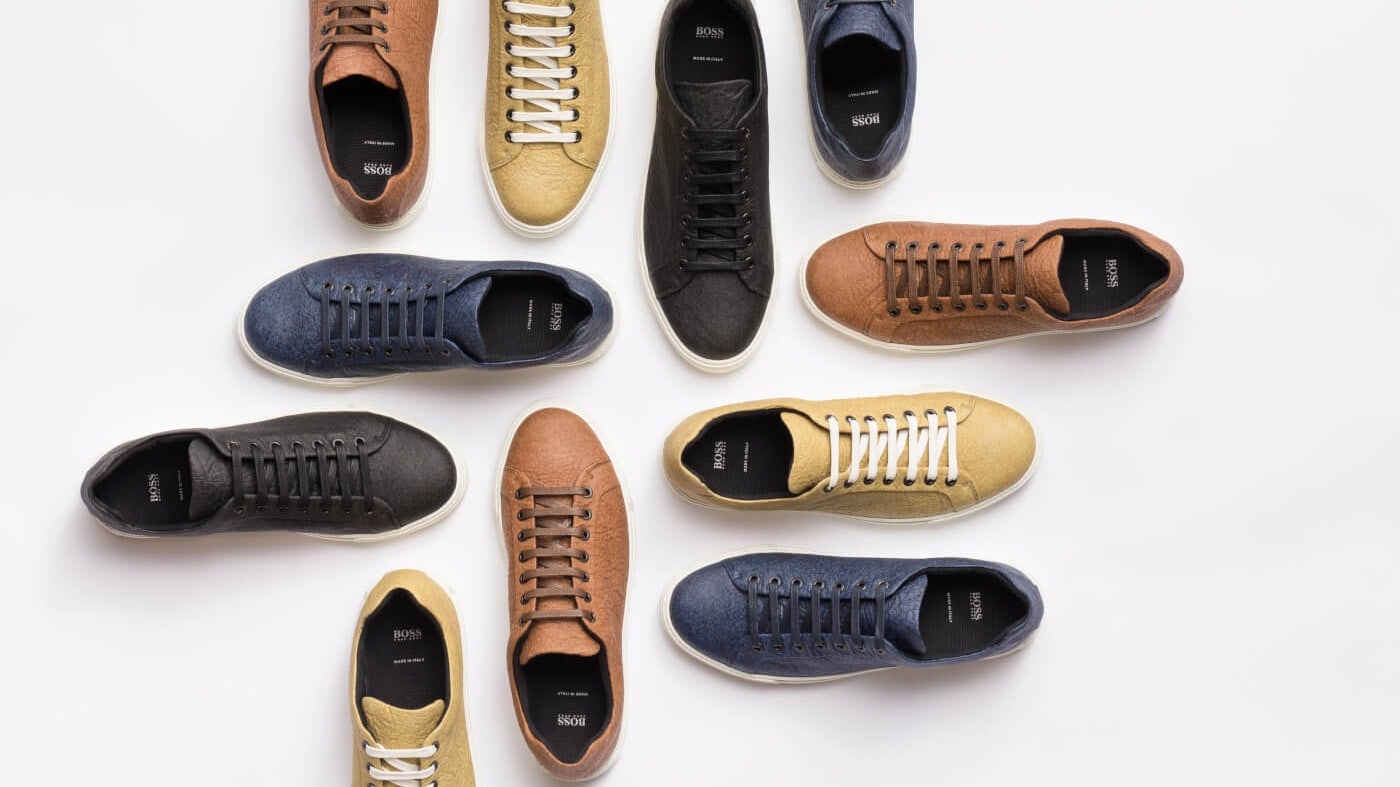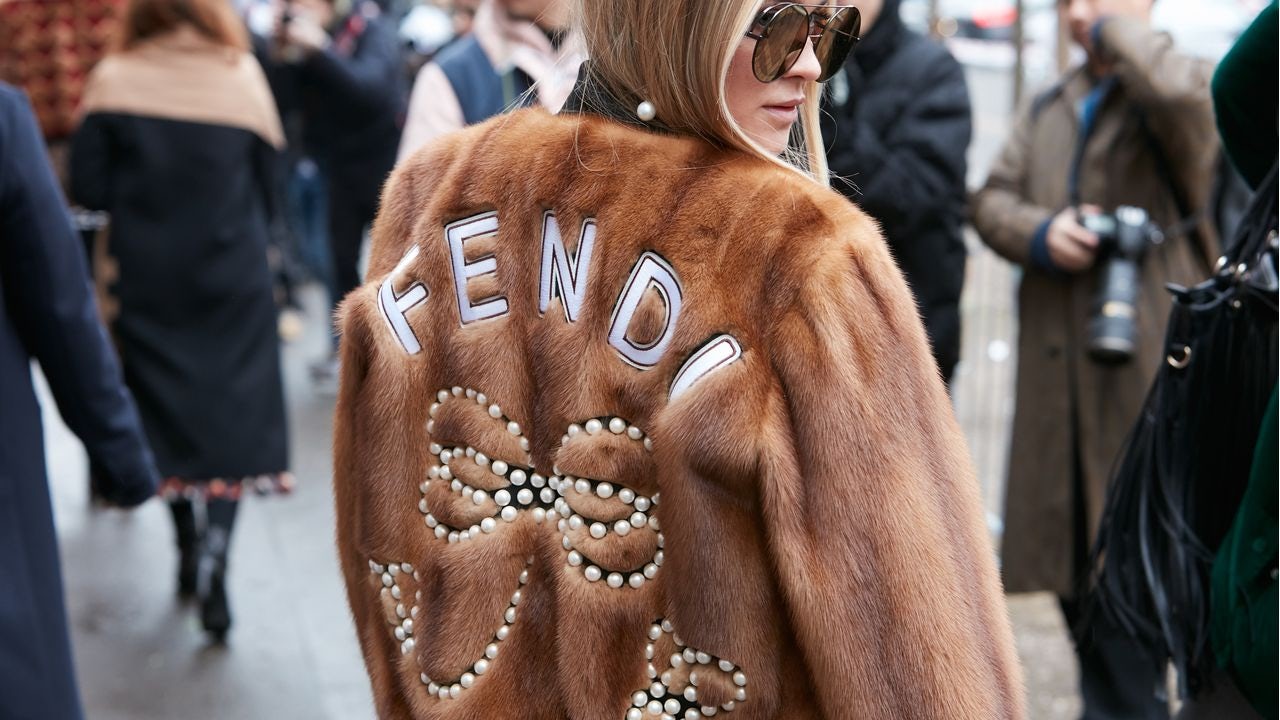What happened
Veshin has launched a sustainable fashion factory in China’s manufacturing district of Guangzhou. It will specialize in luxury bags and accessories made only from vegan materials, such as leathers derived from cactus, pineapple, apple and mycelium, the vegetative part of fungus. In addition to natural blends like organic cotton and hemp, it will also use recycled synthetic materials like nylon and polyester. This greener factory model is being pioneered by British-born Joey Pringle, a sustainable fashion designer, along with the Chinese-born entrepreneur Hongliang Yu, and will operate on a staff of 80.
The Jing Take
A new generation of citizens are embracing a shift towards meat-free and vegan lifestyles. According to Euromonitor International, prior to COVID-19, China's vegan food market is estimated to be worth nearly US12 billion by 2023; the outbreak will likely have accelerated this. Post-pandemic, China saw a rise in wellness-inspired start-ups especially in the food sector, indicating that citizens, especially millennials and younger, are embracing more conscious lifestyles.
Veganism is being amplified by celebrities too: from the singer Wang Leehom, ambassador at the pioneering initiative Green Monday, to stars like Zhou Xun and Zhao Wei. Younger figures, like the singer and actress Chen Fangyu, are also using their status to influence choices as well. While the transition is slow, the Chinese government has been pushing for a reduction in meat consumption since 2016. In 2018, China’s market for plant-based meat substitutes industry was estimated at 910 million and projected to grow 20 to 25 percent annually.
When it comes to fashion, while the longevity of alternative materials is still in question, some luxury names have already started to experiment. There’s Hermès recent mushroom-leather bag for one; and Chanel and Hugo Boss have both explored the use of piñatex, a man-made fibre derived from pineapple leaves. If global luxury companies continue to push vegan fashion, being ahead of the curve could mean big business in China — especially at a time when brands are seeking more transparency over supply chains and increasing speed of scale.
The Jing Take reports on a piece of the leading news and presents our editorial team’s analysis of the key implications for the luxury industry. In the recurring column, we analyze everything from product drops and mergers to heated debate sprouting on Chinese social media.

